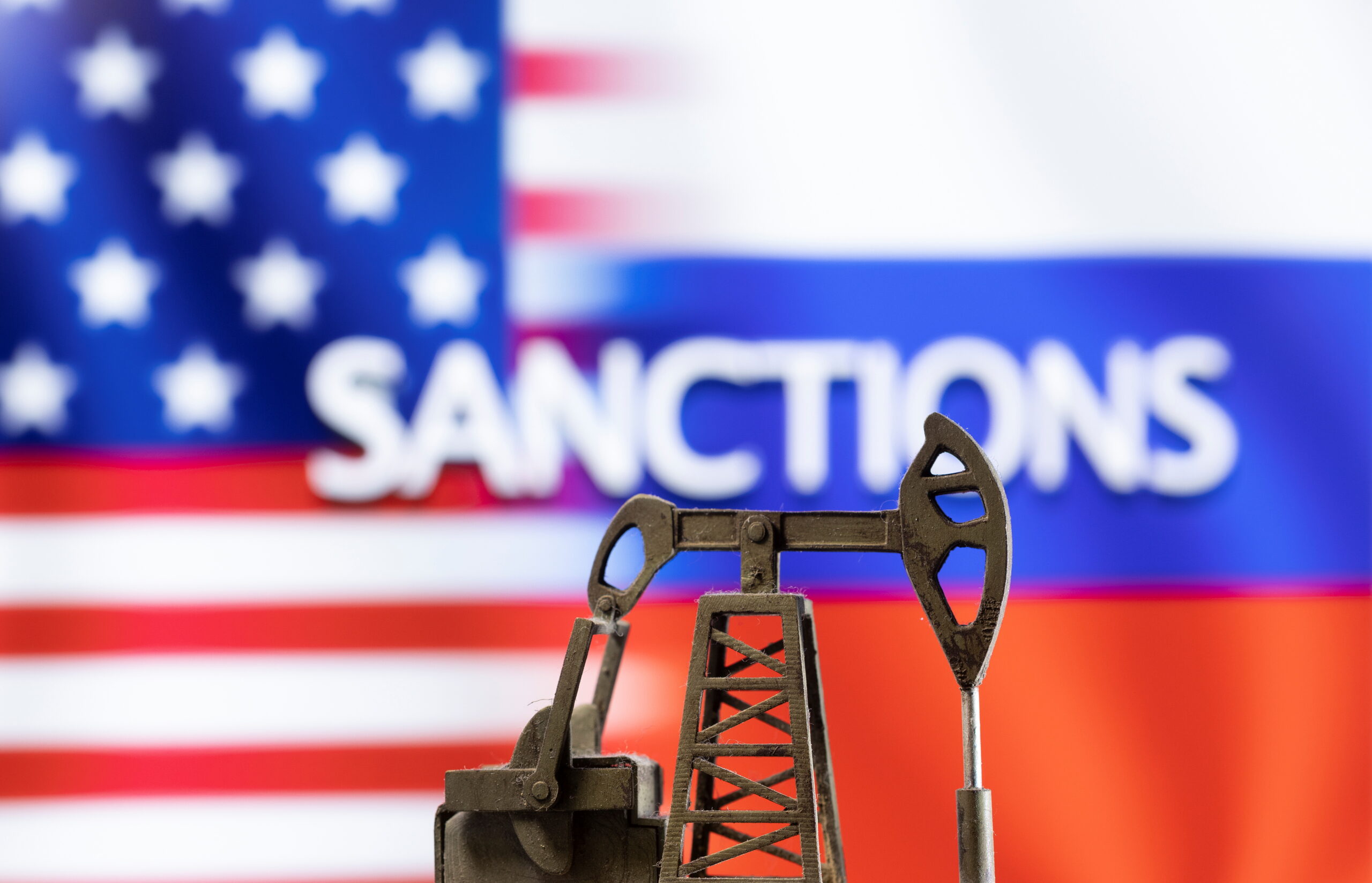In a move that has further exacerbated tensions between Venezuela and the United States, Washington’s decision to reinstate sanctions on Venezuela’s vital oil industry has drawn sharp condemnation from Caracas.
The Venezuelan government, led by President Nicolas Maduro, accused the US of flouting agreements brokered by Qatar and condemned what it termed as “criminal” sanctions imposed by Washington.
The announcement of the reinstated sanctions came on Wednesday, with the US citing concerns over the Venezuelan government’s suppression of political opponents in the lead-up to the upcoming presidential election scheduled for July 28.
Venezuela’s Foreign Minister, Yvan Gil, issued a statement vehemently rejecting the US actions, accusing Washington of attempting to exert control over Venezuela’s oil sector through coercive measures.
The Biden administration had previously eased some sanctions following negotiations between Maduro’s government and the opposition in Barbados last October. These negotiations aimed to pave the way for a free and fair election in 2024 under international observation.
However, tensions resurfaced when Maduro’s opponents were barred from participating in the election, prompting the US to cite Venezuela’s failure to make progress as justification for the renewed sanctions.
Under the newly imposed sanctions, oil companies have until May 31 to comply with the measures. Gil asserted that the US had violated commitments made during secretive talks brokered by Qatar in September, details of which remain largely undisclosed.
The talks resulted in a prisoner exchange involving American detainees and Venezuelan political prisoners in exchange for Alex Saab, a close ally of Maduro accused of money laundering by Washington.
Venezuela claims that Washington had pledged to lift sanctions if a presidential election was held in 2024. However, the US accuses Caracas of reneging on agreements brokered in Barbados, where the Venezuelan government had promised to reconsider the eligibility of opposition candidates.
State Department spokesman, Matthew Miller, expressed concerns over alleged harassment, intimidation, and unjust detention of political actors and members of civil society by the Maduro regime.
Venezuela possesses the world’s largest proven oil reserves, yet production has plummeted due to years of mismanagement and harsh sanctions. Despite the reinstated sanctions, experts point out that the US has implemented a more restrictive oil license framework that allows companies seeking to engage with Venezuela to apply for special permits.
Notably, US oil giant, Chevron, has been granted such a permit, signaling potential avenues for continued engagement despite the broader sanctions.
Leonardo Vera, president of the Venezuelan Academy of Economic Sciences, acknowledged these concessions, referring to them as “windows that remain open” for cooperation. However, the broader implications of the renewed sanctions on Venezuela’s economy and political landscape remain uncertain amidst the escalating standoff between Caracas and Washington.
As Venezuela braces for further economic challenges amid the resumption of US sanctions, the political stalemate between the two nations shows no signs of abating.
The future trajectory of Venezuela’s oil industry and its implications for the country’s stability will depend on the outcome of diplomatic negotiations and the resolution of internal political tensions.






